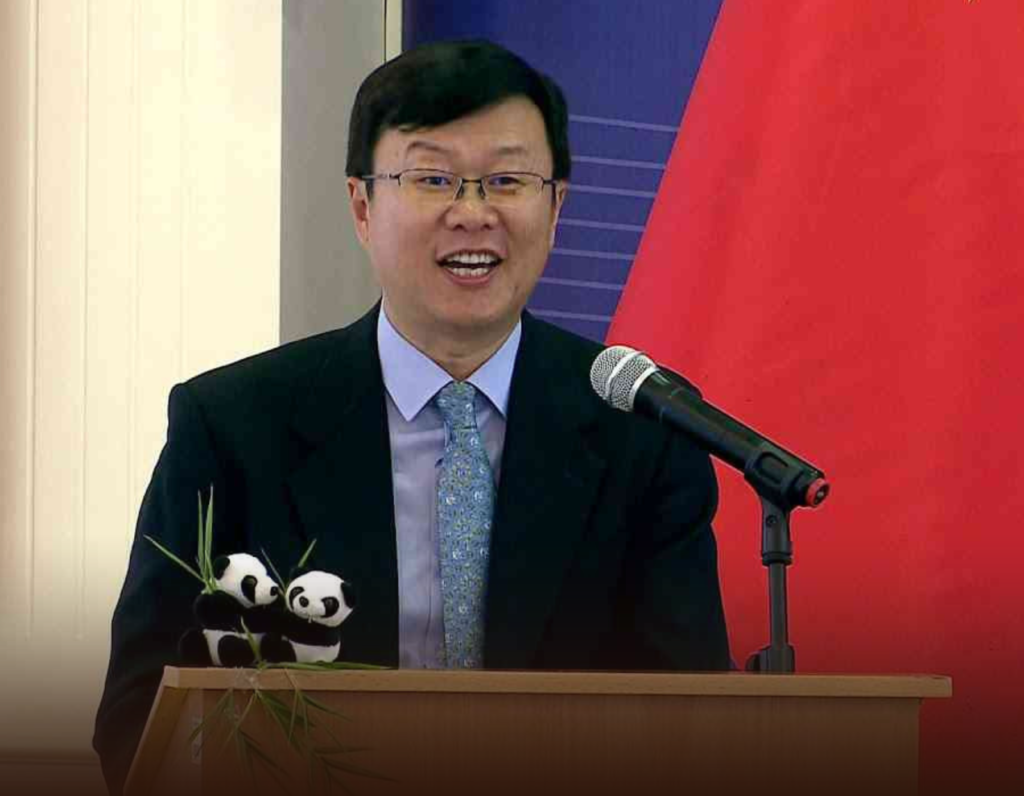China’s commitment to supporting Zimbabwe’s long-term development agenda was underscored this week by Zhou Ding, the Chinese Ambassador to Zimbabwe. Speaking after a seminar organised by the Chinese Embassy in Harare and the Southern African Research and Documentation Centre (SARDC), Zhou said Beijing stands ready to deepen cooperation as Zimbabwe strives to become an upper-middle-income economy under its Vision 2030 plan.
Zhou noted that with China entering its 15th Five-Year Plan era, Zimbabwe now has renewed opportunities for growth, especially through increased Chinese investment and trade. He pointed out that bilateral trade between the two countries reached US$ 3.8 billion in 2024, and expressed confidence that cooperation could nearly double in coming years.
Looking ahead, the ambassador identified several priority areas for collaboration: infrastructure development, power generation, food security, and technological modernization – particularly in solar energy and digital upgrades. He emphasized that Zimbabwe’s abundant natural resources, land, and solar potential make it a prime partner for long-term projects.
On human-capacity building, Zhou stressed that training and talent development remain central to China’s support. Over the past five years, more than 2,000 Zimbabwean professionals, government officials, and specialists have benefited from Chinese workshops, seminars, and exchange programmes.
This reaffirmation of support comes amid a flurry of recent China-Zimbabwe cooperation. Earlier this year, the two countries launched joint agriculture and water-management projects under a partnership with the Food and Agriculture Organization (FAO), aimed at improving soil management and securing sustainable water usage – efforts that aim to contribute to rural development and national food security.
They have also deepened cooperation in transport infrastructure: earlier this year, Chinese firms signed agreements to maintain and upgrade airports and strengthen transport-sector capacity in Zimbabwe.
For Zimbabwe, this renewed pledge from China represents more than diplomatic goodwill, it signals a tangible pathway for industrialisation, resource development, infrastructure renewal, and human-capacity building. For China, it reflects a strategic commitment to long-term partnership and shared progress with African nations.




